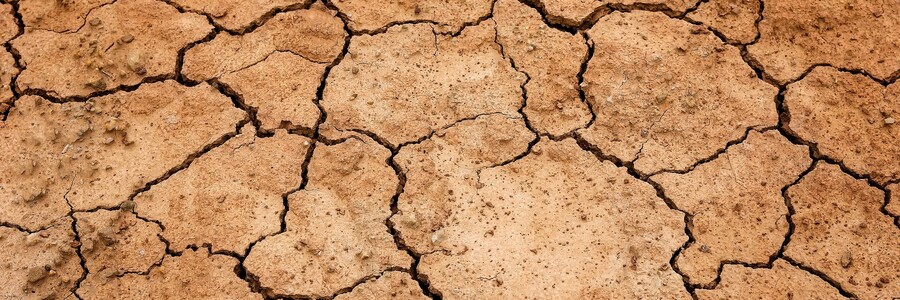More frequent, severe and extreme droughts
This is the key finding of a comprehensive study by an international team of scientists, including Jacob Schewe, Anne Gädecke, and Dieter Gerten from the Potsdam Institute for Climate Impact Research (PIK). Without effective climate change mitigation and resource maintenance, the authors argue, global water shortages could have disastrous ramifications.
“If we continue to destabilize our climate, the amount of freshwater accumulated in snow, ice, rivers, lakes as well as reservoirs, wetlands, soil and groundwater, will reduce dramatically – particularly in regions like the Mediterranean, South America, or eastern North America” explains co-author Jacob Schewe, leader of the research group “Climate change impacts on human population dynamics” at PIK. “This means much more frequent, severe and extreme droughts, with all the consequences for human livelihoods, food security, and development at large.”
The study
Published in the latest issue of Nature Climate Change and based on a total of 27 global climate-hydrological simulation models spanning 125 years, the researchers were able to make the robust projection that the global land area and population facing extreme droughts could more than double — from 3% during 1976-2005 to 7%-8% at the end of this century. The research is part of the Inter-sectoral Impacts Model Intercomparison Project (ISIMIP), an international initiative coordinated by PIK researchers. Comparing different computer simulations of specific climate destabilization impacts can substantially increase the robustness of the scientific insights.
“Our findings are a concern,” says lead author Yadu Pokhrel, associate professor of civil and environmental engineering in Michigan State University's College of Engineering. “We need to commit to improved water resource management and adaptation to avoid potentially catastrophic socio-economic consequences of water shortages around the world.”
The article can be found here
The study can be found here

